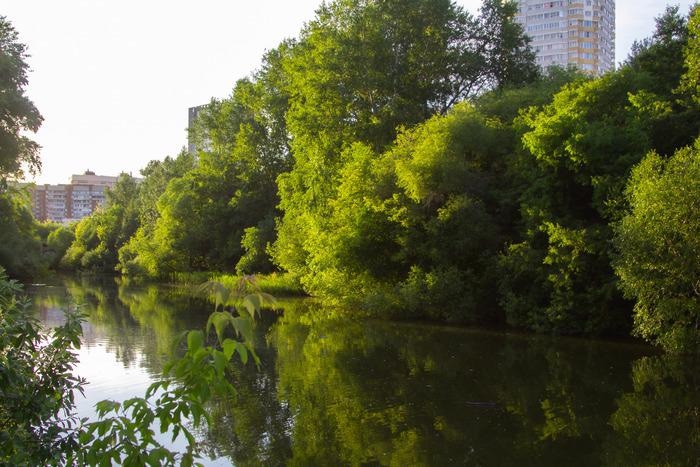According to researchers, Russia possesses significant potential for utilizing renewable resources since they are distributed almost equally across the country.
 The size of the territory, combined with different climatic conditions, gives Russia the opportunity to develop many renewable energy sources. Image Credit: Ural Federal University.
The size of the territory, combined with different climatic conditions, gives Russia the opportunity to develop many renewable energy sources. Image Credit: Ural Federal University.
The territory’s size, together with various climatic conditions and terrain, offers Russia the chance to build several renewable energy sources (RES). However, their implementation is not expediting. All these details and other findings of the study were published by the researchers in the Energy Reports journal.
Reducing greenhouse gas emissions and developing renewable energy is one of the top priorities of modern countries. My co-authors were representatives of different countries and fields of activity in order to make the article as objective and complete as possible.
Ephraim Bonah Agyekum, Study Co-Author and Research Engineer, Department of Nuclear Plants and Renewable Energy Sources, Ural Federal University
“It took us about a year to study the available theoretical materials and conduct interviews with experts in the field of RES. This allowed us to draw the most complete picture of the state of renewable energy in Russia and give some recommendations for the development of this industry,” added Agyekum.
The researchers believe that the most promising RES' in Russia are wind and hydropower. The amount of electricity generated from such sources will be sufficient not only to cover local requirements but also to export to European countries.
Relevant areas for the installation of wind farms are territories of the Northwestern, Southern, Ural, Siberian and Far Eastern Federal Districts. A positive factor for the installation of new power plants is the existence of a huge amount of unoccupied land.
Regardless of the high potential and increased interest in the sector of renewable energy, their initiation in Russia has been limited. Scientists feel that the major reason is due to the sufficiency of nuclear energy and fossil fuels. Russia is not implementing the transition to renewable energy, and thus the regulatory framework for the execution of implementation programs is lagging.
The renewable energy sector is very capital-intensive and largely depends on legislation. The existing documents in the field of renewable energy in Russia are not enough for its progressive development—emphasizes the researcher. There is an objective need to revise the mechanism of RES development in the domestic and global markets, to make it more attractive for investors and countries exporting green energy.
Ephraim Bonah Agyekum, Study Co-Author and Research Engineer, Department of Nuclear Plants and Renewable Energy Sources, Ural Federal University
As far as alternative energy sector development is concerned, legislative changes are just one of the factors. Research and development of Russian universities can play an essential role in the development.
Experts feel that making use of foreign designs for power generation in rough Russian climatic conditions may be inefficient. The development of highly effective technologies needs researchers not only to have an understanding but also to consider local weather conditions.
The country’s existing projects to reduce greenhouse gas emissions are now very relevant. Despite the comprehensive nature of the study, further research into the sector and the opportunities and challenges of its development is needed. The article provides valuable insights that can influence the direction of policy in Russia, but we plan to work on this topic further.
Ephraim Bonah Agyekum, Study Co-Author and Research Engineer, Department of Nuclear Plants and Renewable Energy Sources, Ural Federal University
Journal Reference:
Agyekum, E. B., et al. (2021) Decarbonize Russia—A Best–Worst Method approach for assessing the renewable energy potentials, opportunities and challenges. Energy Reports. doi.org/10.1016/j.egyr.2021.07.039.